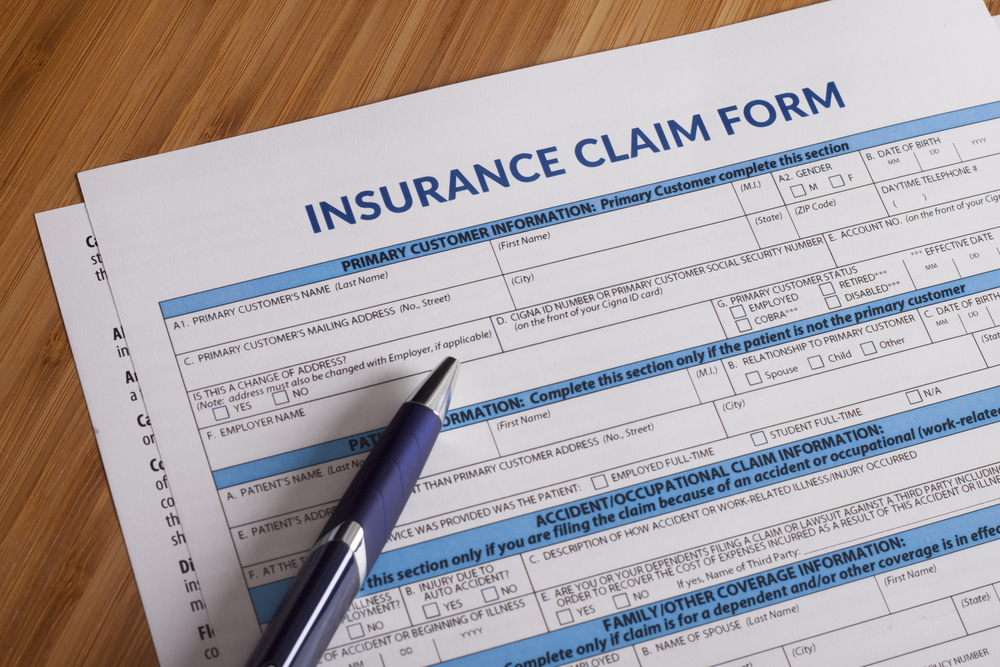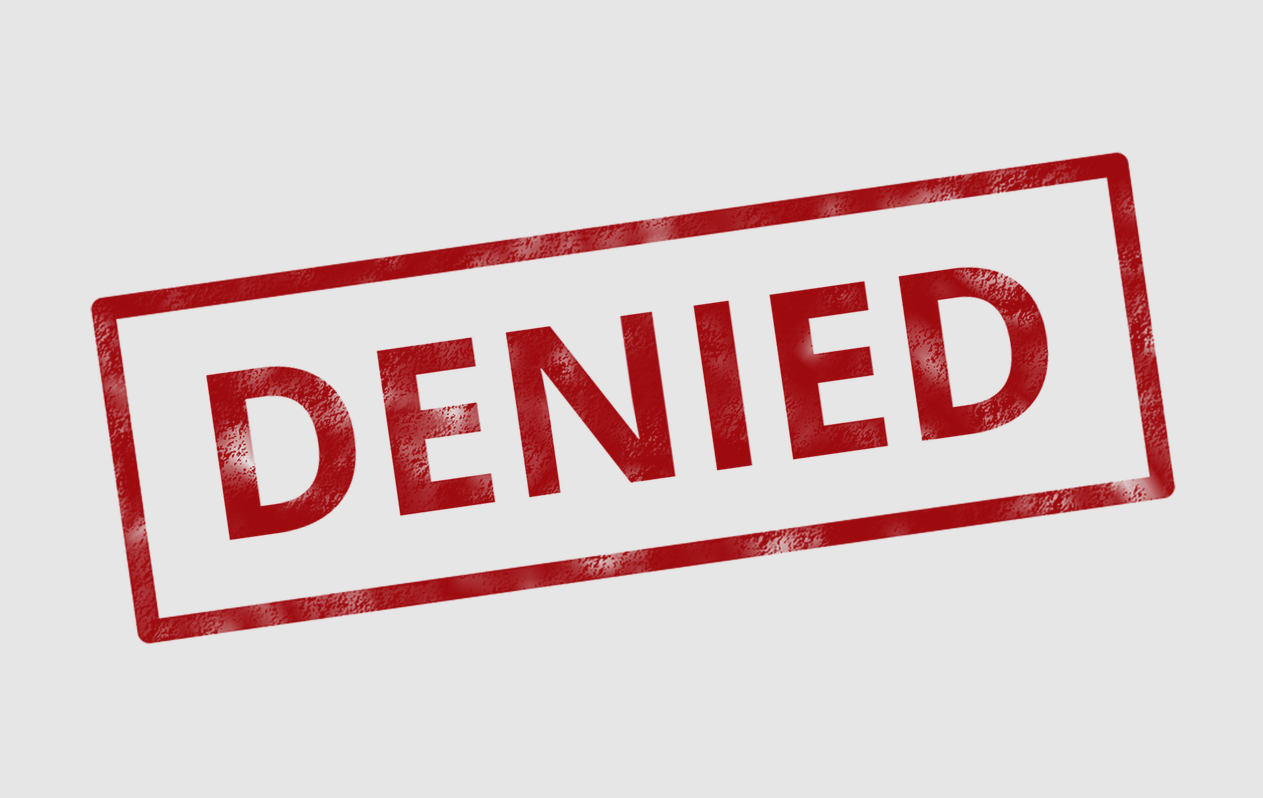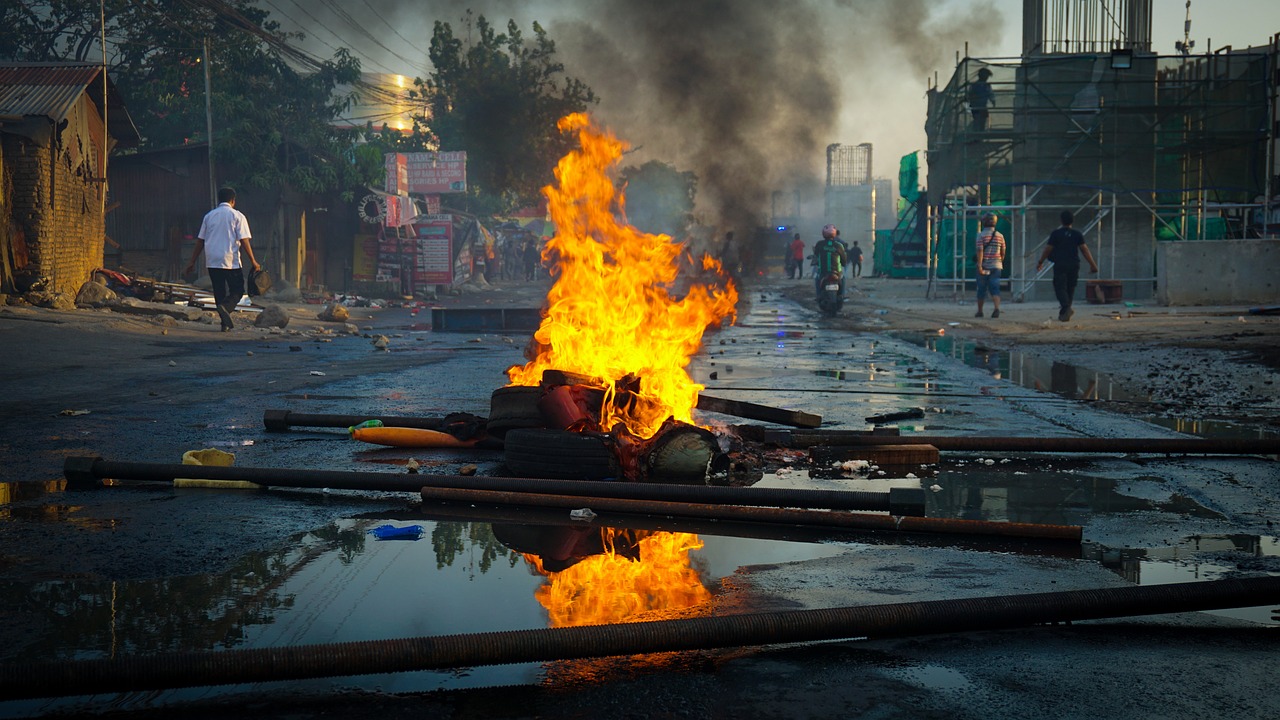


Riot Insurance Claim Denied? In the wake of the recent UK riots, many business owners are left grappling with the aftermath – smashed windows, looted inventory, and the harsh reality of an uncertain future. As you sift through the wreckage, one question looms large: Will your insurance cover the damage, or will you be left to bear the financial burden alone?
For many, the answer should be less complex than it is. What happens when your insurer, the very entity you rely on in times of crisis, delays or even denies your claim? The stakes are high, and your next steps could determine the survival of your business!
This critical guide is for any business owner facing the turmoil of riot-related damage. Here’s what you need to know if your insurer is dragging its feet – or worse, refusing to pay out.
Riot Insurance Claim Denied? If a business’s insurer delays or denies their claim for riot damages in the UK, there are several steps you should take:
Contact the insurer
First, the business should contact their insurance company directly to understand the reason for the delay or denial. They should request a detailed written explanation for why the claim was denied or is being delayed.
Review policy details
Please carefully review your insurance policy to confirm what is covered for riot damage. Most commercial property insurance policies should cover physical damage from riots, but coverage can vary.
File a complaint if necessary
If the business feels their claim is being handled too slowly or unfairly denied, they should:
Consider the Riot Compensation Act
Even if insured, businesses can potentially claim compensation through the Riot Compensation Act (RCA) if:
Key points about RCA claims:
Seek professional assistance
If facing continued issues, businesses may want to consult:
Document everything
Throughout this process, businesses should:
By taking these steps, businesses can work to ensure their riot damage claim is handled fairly and efficiently, even if initially delayed or denied by their insurer.
1. Contact the Insurer
Your first step should be to contact your insurance company directly to understand the reason behind the delay or denial. It’s essential to request a detailed written explanation from the insurer outlining the specific reasons for their decision. This documentation is vital for any further action you may need to take.
Action: Contact your insurer and request a written explanation for the delay or denial of your claim.
2. Review Your Policy Details
Carefully review the details of your insurance policy to ensure you fully understand its coverage, particularly concerning riot damage claims. Most commercial property insurance policies cover physical damage resulting from riots, but the extent of coverage can vary. Pay special attention to any exclusions or conditions that might affect your claim.
Action: Review your insurance policy to verify what is covered and identify any potential issues that may have led to the denial.
What Oakleafe Clients Say:


3. File a Complaint if Necessary
If you believe your claim is being unfairly delayed or denied, it’s important to take formal action:
Action: File a formal complaint with your insurer, and if necessary, escalate the issue to the Financial Ombudsman Service.
4. Consider the Riot Compensation Act (RCA)
Even if your insurance claim is denied or only partially accepted, you may be eligible to claim compensation under the Riot Compensation Act (RCA) 2016. This Act allows businesses to seek compensation for damages, destruction, and theft resulting from riots, even if uninsured or underinsured.
Key Points to Remember:
Action: Explore the option of filing a claim under the Riot Compensation Act if your insurance claim is unsuccessful.
5. Seek Professional Assistance
If the claim process becomes too complex or if you continue to face issues with your insurer, it may be beneficial to seek professional help:
Action: Consult an insurance broker or legal professional to assist with your claim if needed.
6. Document Everything
Throughout the entire process, it’s crucial to maintain detailed records. Keep copies of all correspondence with your insurer, including emails, letters, and notes from phone calls. Additionally, document all damages and losses with photos, videos, and written descriptions. Save receipts for any repairs or additional expenses related to the damage.
Action: Keep thorough records of all communications and document all damages and expenses comprehensively.

If your insurer delays or denies your claim for riot-related damages, taking the appropriate steps can significantly affect the outcome. By promptly contacting your insurer, reviewing your policy, filing complaints if necessary, considering compensation under the Riot Compensation Act, seeking professional help, and meticulously documenting everything, you can increase your chances of a successful resolution.
By following these steps, UK business owners can better manage the complexities of filing insurance claims after riot damage and work towards securing the compensation they need to recover.
Oakleafe Claims have represented policyholders and managed their insurance claims since before the First World War. We have vast expertise and experience in both domestic and commercial insurance claims, including business interruption claims, and riot claims, with thousands of satisfied policyholders who have received their deserved insurance settlement. With no upfront fees required, our internal data shows that insurance claims managed by professional loss assessors like Oakleafe can expect a settlement up to 40% higher than claims managed by the policyholder.
What Oakleafe Clients Say:

Please complete the form and one of our insurance claim professionals will call you back ASAP